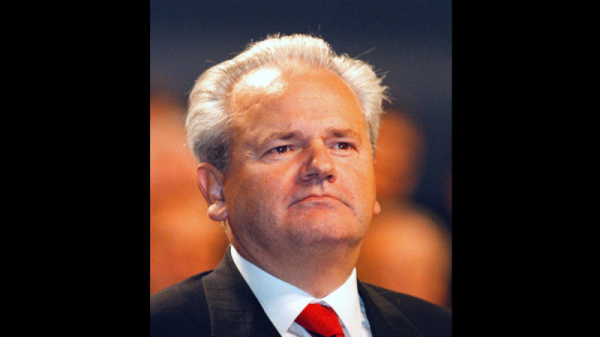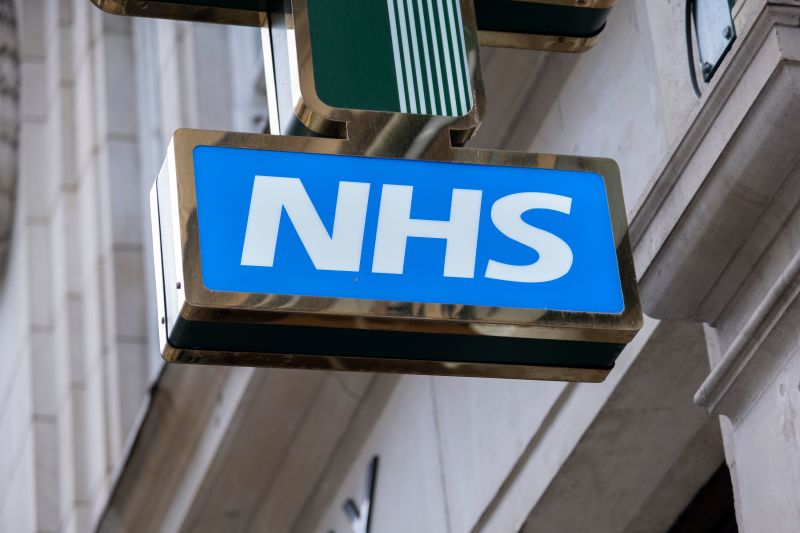England’s National Health Service (NHS) has stopped prescribing puberty blockers for children and young people with gender dysphoria or gender incongruence, saying there is “not enough evidence to support the safety or clinical effectiveness” of puberty-suppressing hormones.
NHS England said it made the decision, which was widely condemned by LGBTQ groups, after it “carefully considered” an evidence review it commissioned in 2020. It also reviewed evidence published since then, it said in a policy document published Tuesday.
Puberty blockers will now only be available to young people in clinical research trials and some private clinics, UK’s PA Media reported Tuesday. Fewer than 100 young people are currently on puberty blockers via the NHS and they will be able to continue the treatment, it added.
Puberty blockers will also available through some private gender identity clinics.
According to the NHS clinical policy, treatment for young people “focuses on psychosocial and psychological support.” Gender-affirming hormones and surgery may be available later or in adulthood.
Gender-affirming care for young people in England has faced legal and political scrutiny in recent years that has coincided with rising anti-trans rhetoric in the country, say LGBTQ advocates.
Some British politicians welcomed NHS England’s announcement. The UK’s Health and Social Care Secretary Victoria Atkins said on X that “care that affects our children’s health and wellbeing so profoundly must always be based on clinical evidence.”
Health minister Maria Caulfield also welcomed the policy, calling it a “groundbreaking change as children’s safety and wellbeing are paramount.”
Stonewall, a LGBTQ campaign group in the UK, criticized Tuesday’s announcement, writing in a statement that “all trans young people deserve access to high quality, timely healthcare.”
“For some, an important part of this care comes in the form of puberty blockers, a reversible treatment that delays the onset of puberty, prescribed by expert endocrinologists, giving the young person extra time to evaluate their next steps,” it wrote.
“We are concerned that NHS England will be putting new prescriptions on hold until a research protocol is up and running at the end of 2024,” the charity added.
Mermaids, a charity that supports trans, non-binary and gender-questioning children and young people, said that the NHS announcement is “deeply disappointing, and a further restriction of support offered to trans children and young people through the NHS, which is failing trans youth.”
Gender-affirming care is medically necessary, evidence-based care that uses a multidisciplinary approach to help a person transition from their assigned gender – the one the person was designated at birth – to their affirmed gender – the gender by which one wants to be known.
Puberty blocking is a noninvasive therapy that can be reversed. Doctors inject a compound or use an implant that mimics the actions of a puberty-stimulating hormone that is released in the brain known as gonadotropin-releasing hormone. The compound makes the pituitary gland less sensitive to that hormone and, in doing so, it essentially pauses puberty. Puberty starts again after the drugs are stopped.
In the US, where several Republican-led states have banned gender-affirmative healthcare for young people, every major medical association agrees that gender-affirming care is clinically appropriate for children and adults. This includes the American Medical Association, the American Psychiatric Association, and the American Academy of Child & Adolescent Psychiatry.
Gender-affirming care can include puberty blockers, which may not be a part of every association’s treatment.
The AMA and LGBTQ advocates stress that gender-affirming care can be a life-saving treatment for trans youth. In the US, transgender and nonbinary youth are twice as likely to have attempted suicide compared to their cisgender peers, according to a 2022 survey by the Trevor Project, a suicide prevention and crisis intervention organization for LGBTQ youth.







































